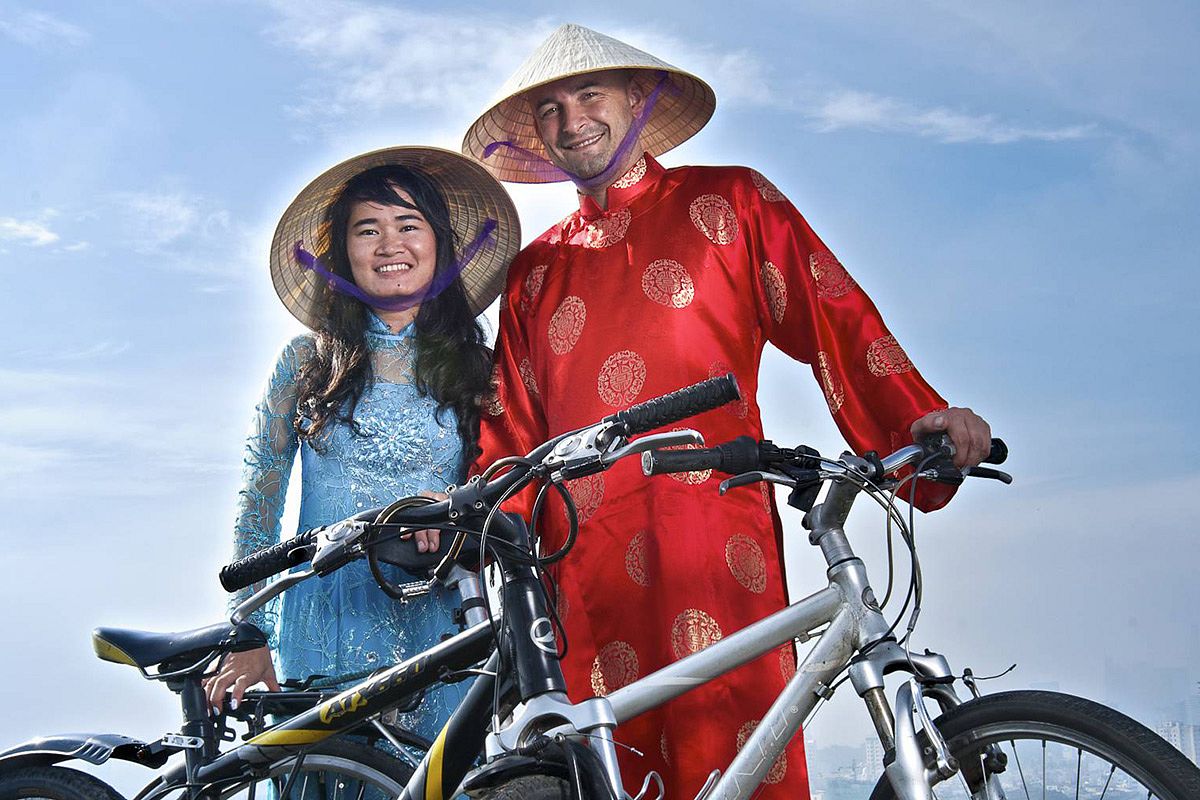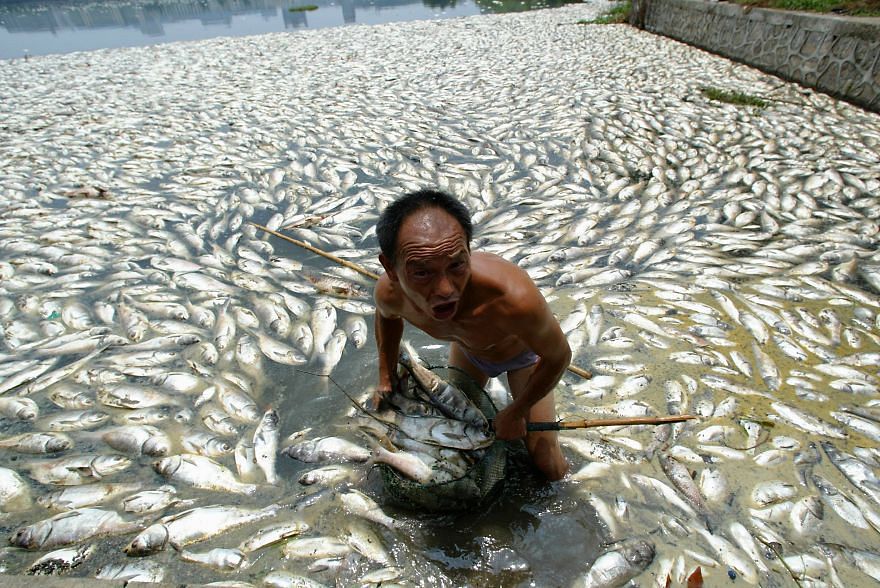As part of a project aimed at empowering communities in the Mekong Delta that are facing serious threats from climate change, WWF-Viet Nam assists local households in raising plants that are more resilient than typical monoculture crops and animals in ways that are less detrimental to the environment. To help amplify the voices of farmers and communities embracing sustainable farming practices and create awareness about the nature-based solutions (NbS) products such as rice, shrimps, crabs, lotus seeds, and freshwater prawns that they raise and grow, WWF-Viet Nam recently held a networking dinner at Mùa Craft Saké.


In the Mekong Delta, mangroves, freshwater swamps, rivers, and a range of tropical and subtropical forests teem with unique birds, fish, insects, reptiles, and amphibians. Vast rice fields, lush gardens, and fertile waters for raising plants and animals allow it to support culturally diverse communities known for their laid-back hospitality.
Covering over 40,000 sq. km in southwestern Vietnam, the Mekong Delta is an essential environmental and agricultural region. Unfortunately, it is facing serious threats from climate change, water extraction, habitat conversion and degradation, and sand mining combined with rising seawater and salt intrusion are among the many issues expected to get worse in the coming decades.
To support the country’s response to this urgent and massive challenge, WWF-Viet Nam has piloted several NbS projects in the Mekong Delta, which have improved the socio-economic situation and resilience of local communities through sustainable livelihoods while protecting and restoring critical ecosystems. Pilot models include raising floating rice with fish; mangrove with shrimp; lotus with fish; and rice with shrimp. Each supports farmers to raise, grow, and process agriculture and aquaculture products in ways that are less detrimental to the environment and also more sustainable in uncertain climatic conditions.
The event, Elements of the Mekong Delta, took place on 23 November 2024, to help showcase the diverse range of NbS products through culinary creativity from Mùa Craft Saké’s head chef Trụ Lang, in partnership with Nguyễn Thị Phương Uyên, head chef of Nam Mê Kitchen & Bar, both of whom specialize in utilizing local ingredients in their menus.

For the networking dinner, the chefs designed a menu based on the concept “Ăn Cơm” (eating together) with six dishes and drinks highlighting NbS ingredients.
Starting off with the Mekong nipa palm salad made with nipa palm, and vegetables centered around black tiger shrimp from the project in Cà Mau Province (gỏi dừa nước nam bộ - dừa nước, rau củ, tôm sú).
This was served alongside crab and lotus spring rolls using crab meat also sourced from Cà Mau, lotus seed, pork (chả giò cua hạt sen - thịt cua, hạt sen, thịt heo).
The menu not only represented a traditional Mekong Delta meal, but also one of WWF-Viet Nam’s mixed rice-shrimp aquaculture models in Cà Mau, Bạc Liêu, and Kiên Giang, where the ponds produce rice and freshwater prawns in rainy seasons and raise brackish-water shrimps and crabs in dry seasons and periods of saltwater intrusion.


Products from this model also appeared in the following offerings of stir-fried lotus root, wild crab paste, salted egg sauce, and herbs (ngó sen xào tỏi - ngó sen, sốt riêu cua, sốt trứng muối gạch cua, rau thơm) and braised giant freshwater prawn, fresh coconut juice (tôm càng xanh rim nước dừa - tôm càng xanh, nước dừa tươi).

One ingredient was particularly prominent due to its importance as one of the central products in the NbS portfolio - floating rice (gạo lúa mùa nổi) from the CRxN Mekong project in Long An Province, which can be made into milk or eaten regularly. Cultivated without pesticides or chemicals, this strain of rice was reintroduced into the province in 2020 after having mostly disappeared in the 1970s. Unlike other strains, floating rice can grow in deep water thanks to a stem that lengthens to follow rising water upwards. While submerged, it's protected from pests. This means it can be grown in sync with natural water cycles and without damaging chemicals or destructive flooding control. Critically, this also translates to benefits for farmers who reduce their input costs by not having to use fertilizer and have potential increased income generation opportunities from more sustainable practices.


The dinner attracted representatives from prestigious organizations, including the Australian Government in Bangkok and Hồ Chí Minh City, the Australian Chamber of Commerce in Vietnam, global companies as well as local enterprises. By fostering connections between communities, businesses, consumers and investors, WWF-Viet Nam hopes to build awareness about the potential of sustainable produce and demonstrate the business case for nature-based solutions and products. This can further help incentivize communities to adopt practices that support floodplain restoration that reap benefits for people and nature. It also provides a powerful example of how sustainable change is possible and delicious.
Climate Resilient by Nature (CRxN) is an Australian Government initiative in collaboration with WWF-Australia, designed to promote high-integrity and equitable nature-based solutions to address climate change in the Indo-Pacific. The CRxN Mekong - Viet Nam project is supported through funding from the Mekong Australia Partnership – Water, Energy, and Climate.
Learn more at climateresilientbynature.com.














